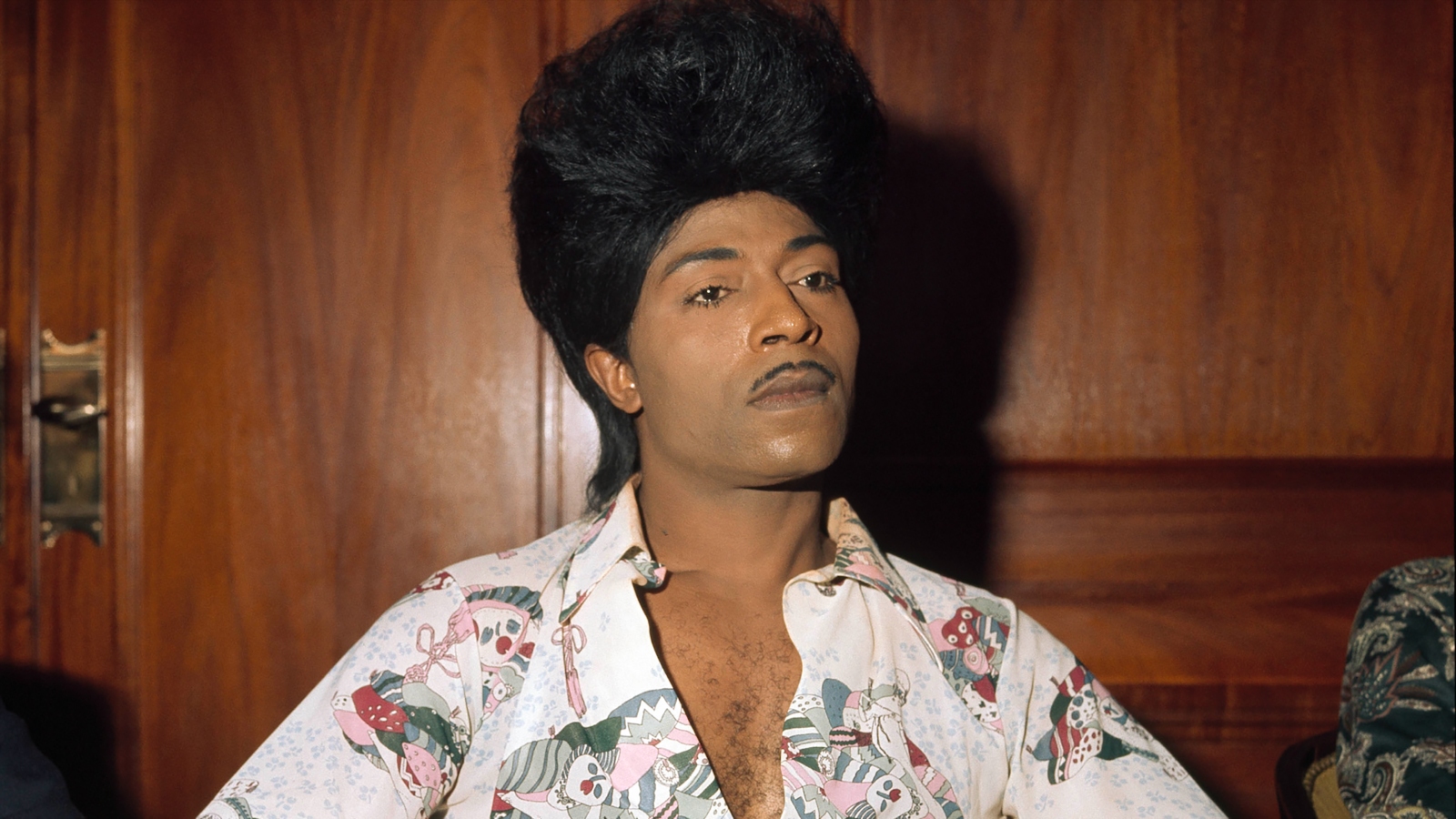Little Richard: I Am Everything
(USA, 98 min.)
Dir. Lisa Cortés
Programme: U.S. Documentary Competition (World Premiere)
Lisa Cortés’ film Little Richard: I Am Everything has a simple yet important mission – to let people know, particularly younger generations, about who the true king of rock and roll was. For anyone who is aware of the long and tumultuous career of Richard Penniman, there’s not much that will come as a shock. In fact, many of Richard’s interview appearances tread the same ground, emphasizing how the likes of James Brown and Jimi Hendrix overtly got their start in his orbit, while the likes of Elvis Presley and Pat Boone helped steal the spotlight away from the originator. Later disciples such as Paul McCartney are given more shrift, but there’s a clear implication throughout the film that Richard was treated unfairly, was never truly given his due, and was deserving of far more than the plaudits he received.
Of course, anyone schooled in the history of popular music of the 20th century knows this is hardly a unique case, nor are they blind to the influences that overtly shaped Richard such as Roy Brown and Billy Wright that, even in this doc, are mere stepping-stones for the already established legend. Nothing comes from nothing, and while that’s in no way excusing the film’s noble celebration of a legend on his own terms, the nuance between the likes of, say, Presley’s sympathetic renditions, versus Boone’s unabashed sanitization of Black music for a paler audience, are swept aside in the film’s generally straightforward narrative.
We’re treated to the usual smattering of performances, and Cortés does well to not shy away from the many paradoxical and contradictory eras of Richard’s feelings on his identity. It’s fair to say, though, that if the doc had come out when he was alive, he would have blasted it for its emphasis of his queerness, something from which the religious figure spent decades trying to step away. The film contextualizes this as a form of self-hatred or internalized phobia, with plenty of LGBTQ+ interviewees pretzelling themselves to make sense of Richard’s swings in perspective, but it’s fair to say that this was a complicated man from a complicated era, and to simply pigeonhole him as an icon is to avoid some of the more challenging aspects of his character.
Cortés literally sprinkles stardust over some footage in almost camp fashion, an unneeded decoration for elements that surely stand on their own. The stories of those directly affected by Richard are effective, from those who he knew closely during his days performing as drag queen Princess LaVonne through to his bigger hits. Once again, there’s few who speak for what the majority of Richard’s life was, with his more fundamentalist church going ideas seen as almost background for what he would return to again and again for financial if not moral gain.
Overall, Little Richard: I Am Everything adequately provides a taste of the performer’s massive effect on 1950s’ music and, in turn, how his performances shaped what would be codified into the moniker “rock and roll.” During his lifetime, just about every other legend paid respects, and after death, this film does the same, situating his story in contemporary views of identity that ripple long after he showed the way.
For a man who told others constantly to “shut up,” Richard had plenty to say, and at its best, this doc gives voice to the man and his music. As a taste of what he meant, the film does well, but as a truly deep dive it perhaps doesn’t quite live up to the “everything” in the title about this most remarkable of individuals.













